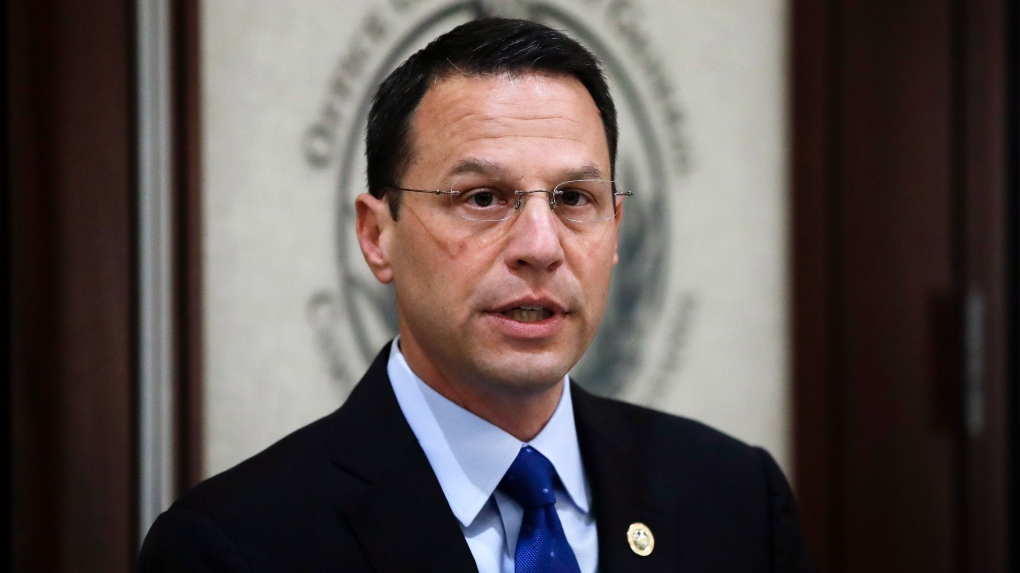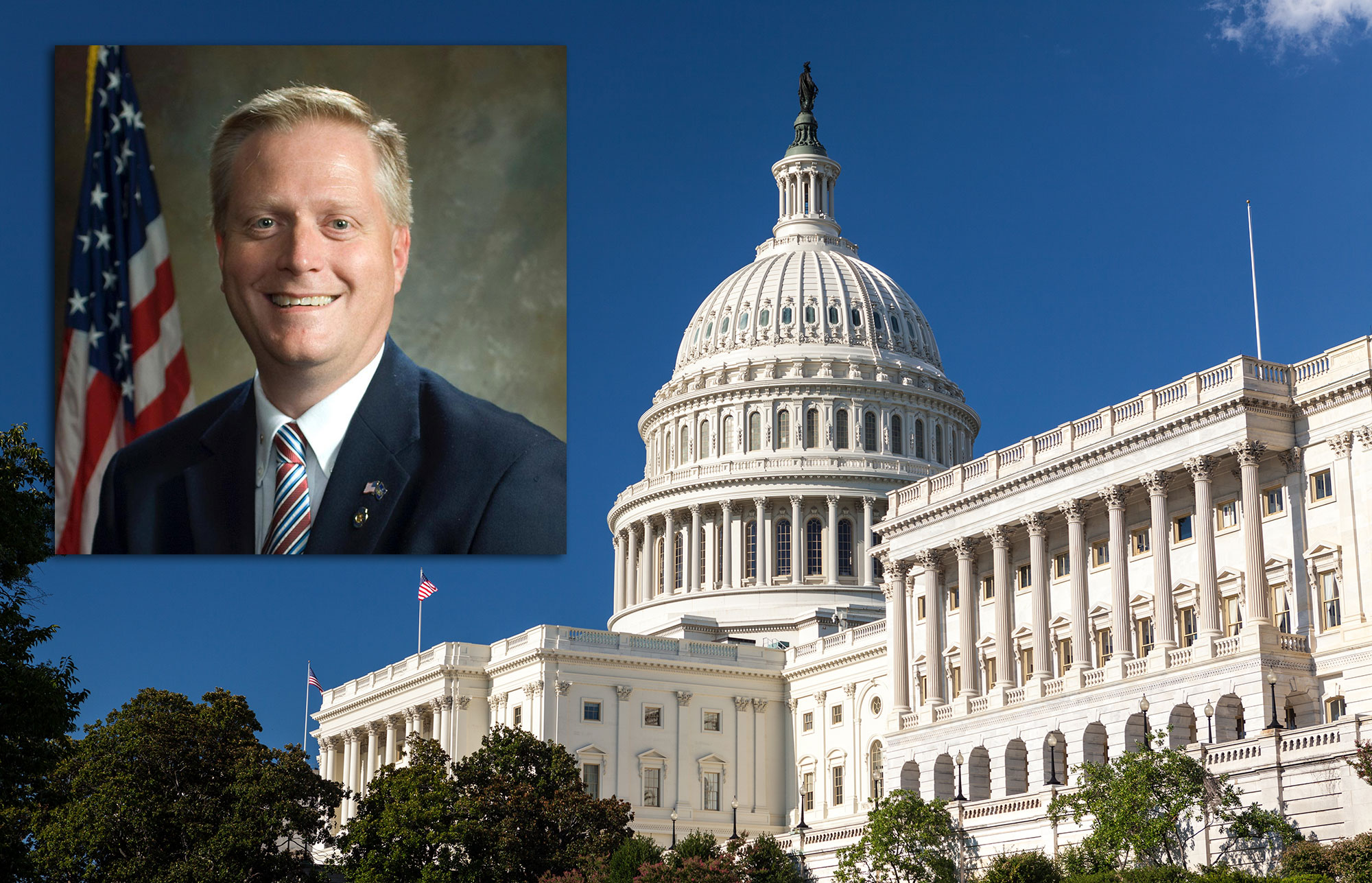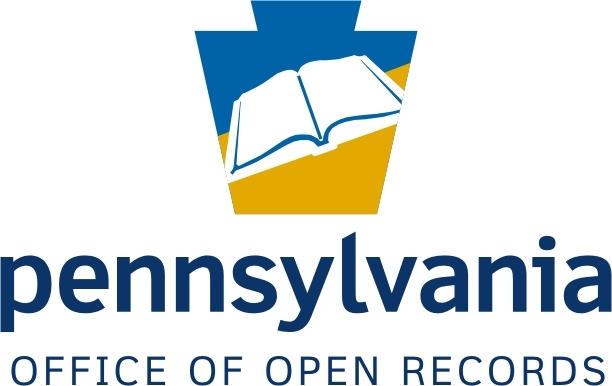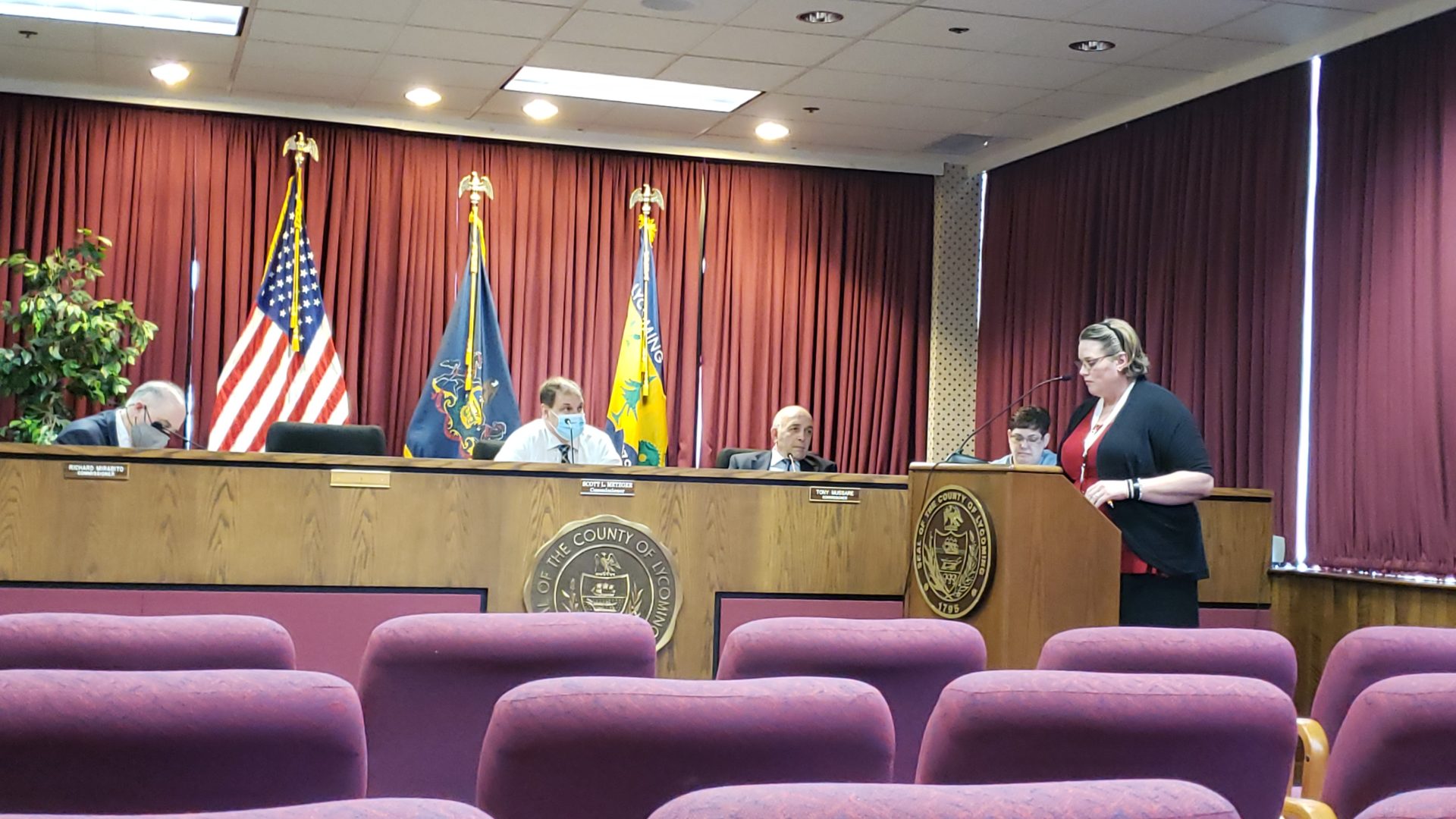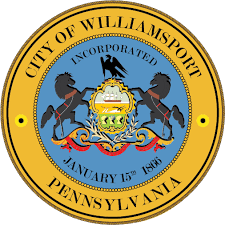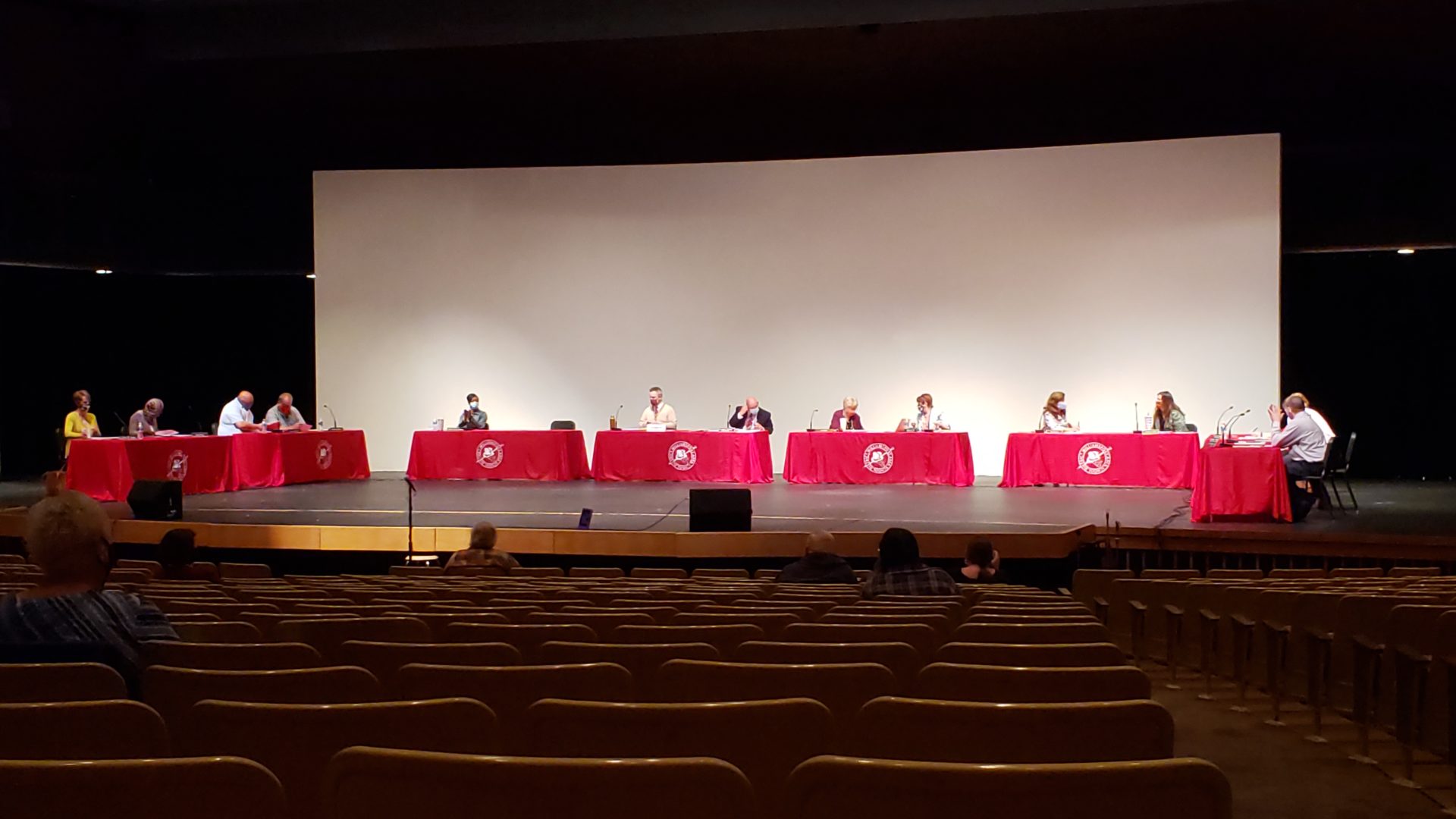Please see Attorney General Shapiro’s statement regarding the passage of the civil window statute by the Pennsylvania Senate’s Judiciary Committee.
“We cannot overlook the significance of today’s passage of the civil window statute by the Pennsylvania Senate’s Judiciary Committee, and I want to thank Senators Baker, Corman and Santarsiero for their leadership. I commend our state senators for voting this bill out of committee, but now it is time to bring this vote to the Senate floor,” said AG Shapiro. “Two years ago, we heard the voices of brave survivors across the Commonwealth who suffered abuse at the hands of priests within the Catholic Church. Their righteous voices impacted change – three of the four Grand Jury reforms recommended are now law in Pennsylvania, 20 states have also passed our reforms, and 14 states began their own investigations into clergy abuse, as well as the Department of Justice. Today’s vote brings these brave survivors the closest they have been to having their day in court. Now it’s time to deliver justice and closure for those who spoke up, relived their trauma, and bolstered the system for future victims.”
